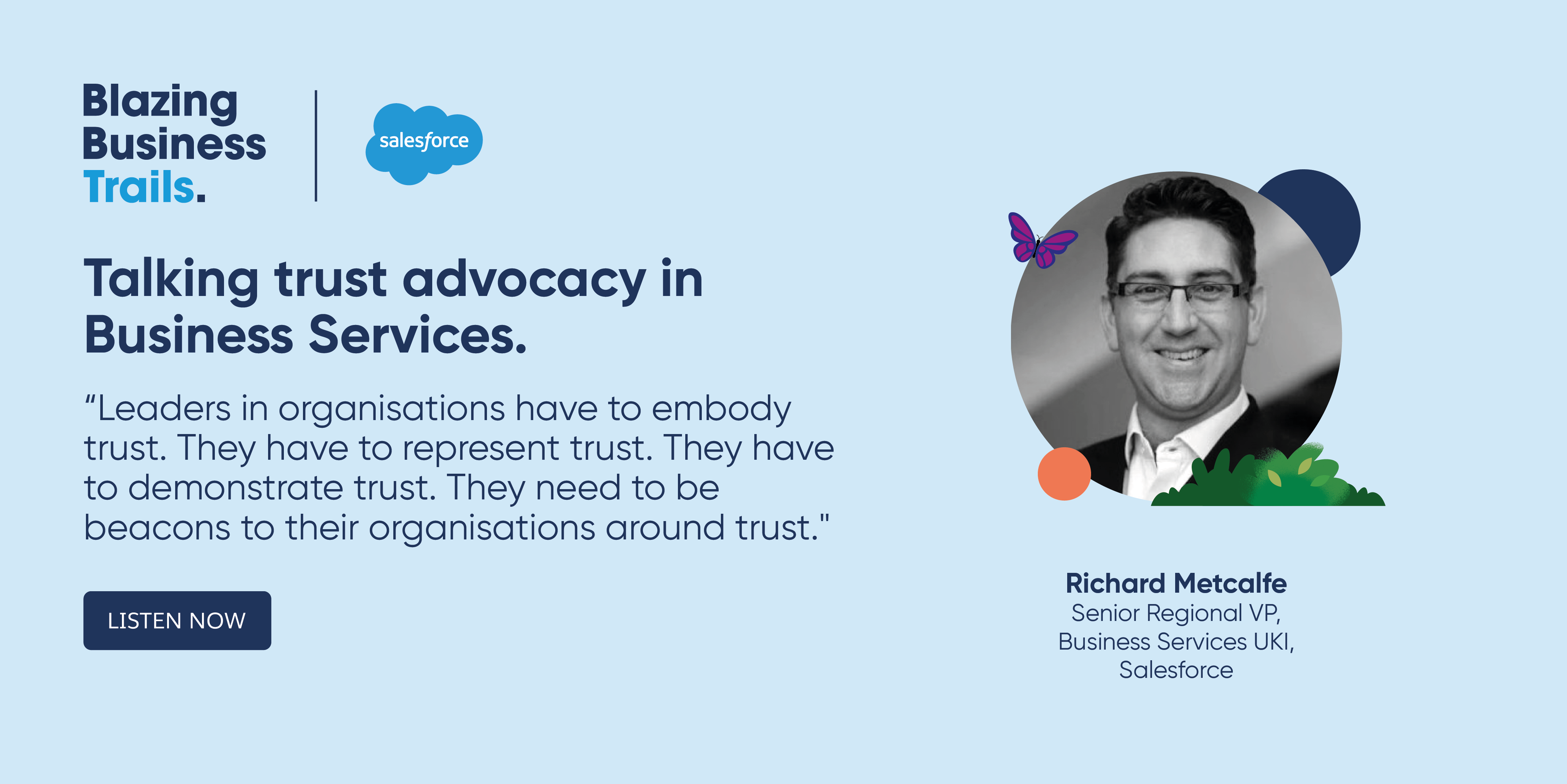In the past year, we’ve heard a lot about being client-centric. Economic instability and social unrest, all against the backdrop of a global pandemic, have placed a heightened pressure on professional services businesses to truly understand their clients and communicate appropriately.
Insensitivity – be it to turbulence in their industry, their company, or even their home life – was deemed unacceptable, especially as data-driven organisations continued to get it right and raise the bar for a customer-centric model.
There’s also been a shift in culture – in terms of how businesses operate and how employees interact. Professional services firms are built on a foundation of trust. For decades this has led to information hoarding, whereby individuals feel the need to protect all customer knowledge in order to maintain their client’s trust and their relevance within their firm.
But even the traditional, well-established firms are learning that in today’s connected business landscape this is no longer good enough. Getting closer to customers’ needs depends on reliable data and insights and reduced internal silos.
Improving visibility doesn’t only benefit the client – it has also become critical to firms’ ongoing success in an increasingly remote work culture. Centralised access to data and client knowledge empowers distributed teams to work productively and efficiently – without barriers to critical insights. It also means that, from a recruitment perspective, firms can now also widen their net as they’re less restrained by geographic considerations.
Greater collaboration similarly boosts employee satisfaction, creating the underpinnings of a productive workforce – one that can attract top international talent to add fresh perspectives, diverse skill sets, and new approaches: all while continuing to support its people.
The right tech depends upon the right process
The transition from a “black book” mentality to a transparent, knowledge-sharing approach requires a total shift in perspective that depends upon thoughtful change management and role modelling from the top.
Centralised data reimagines policy and employee behaviour ranging from governance and data security to team culture, transparency, and trust. Without a new culture that readily embraces knowledge sharing – and the processes to enable it – organisations won’t be able to get any closer to their clients.
Building open, connected, creative, and innovative processes, on the other hand, empowers businesses to continue modernising how they communicate and collaborate – with clients and colleagues – as the workforce and culture evolves.
Salesforce is the perfect partner to help drive this change
Our platform can help drive this type of cultural, behavioural, and governance change by empowering employees with the digital tools they need to better understand what their clients need and want – and then deliver it.
Salesforce has helped thousands of companies adopt a truly client-centric model, placing their clients at the heart of every decision and each interaction. By offering a foundation on which to build greater trust and reliability – internally and externally – you can develop long-term loyalty with stakeholders inside and outside of your organisation.
Discover how Salesforce can help companies navigate the cultural shift required to keep the customer at the heart of everything they do.
For additional insights, tune in to my podcast with Marco Amitrano, Head of Clients & Markets, PwC UK where we discuss 'Trust: the vital indicator of business relationships?'








